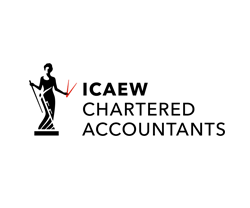March 28th, 2017
Tax free childcare – what parents need to know
I last blogged about the new scheme almost 2 years ago( https://www.jonathanford.co.uk/actors/tax-free-childcare-8-things-parents-need-know/) when it was supposed to start in Autumn of 2015. Delays have meant that the new scheme is now due to start on 28 April 2017.
As a reminder of how the scheme will work, for every 80p you pay into your childcare account, the government will top up with 20p up to £2,000 a year per child (£4,000 if your child is disabled). You then use the money in the account to pay Ofsted registered providers, provided they have also signed up to the scheme.
However, not everyone will be able to join the scheme straight away. Parents will be able to apply for Tax-Free Childcare from early 2017, the government will begin inviting parents to apply, starting with the youngest children first. All eligible families should be able to enrol by the end of 2017.
This is great news for self-employed parents who have previously not been able to benefit from any tax relief on childcare expenses.
Please note, if you apply for Tax-Free Childcare, you won’t be able to get:
- Child Tax credit
- Working Tax credit
- Universal credit
- Childcare vouchers from your employer
It is vital that you check how this will impact your personal situation before opening a tax-free childcare account. The government website provides a calculator to help you make this decision https://www.gov.uk/childcare-calculator. If circumstances change, parents will be able to switch from tax-free childcare to tax credits.
If I already receive childcare vouchers from my employer am I better off switching to the new scheme?
The answer is, it depends on how much you earn, how much your childcare costs are, and how old your children are.
The new scheme is only available to children up to the age of 12, childcare voucher schemes are open up to the age of 15.
The new scheme does not provide any national insurance savings and also stipulates that both parents must be working.
As a rule of thumb, Tax-Free Childcare will be more beneficial if you have more than one child as the tax savings are per child per year.
Childcare vouchers will probably be most beneficial if one or more parents earn more than £100,000 or if one parent doesn’t work.
More detailed information can be found on the government website here





